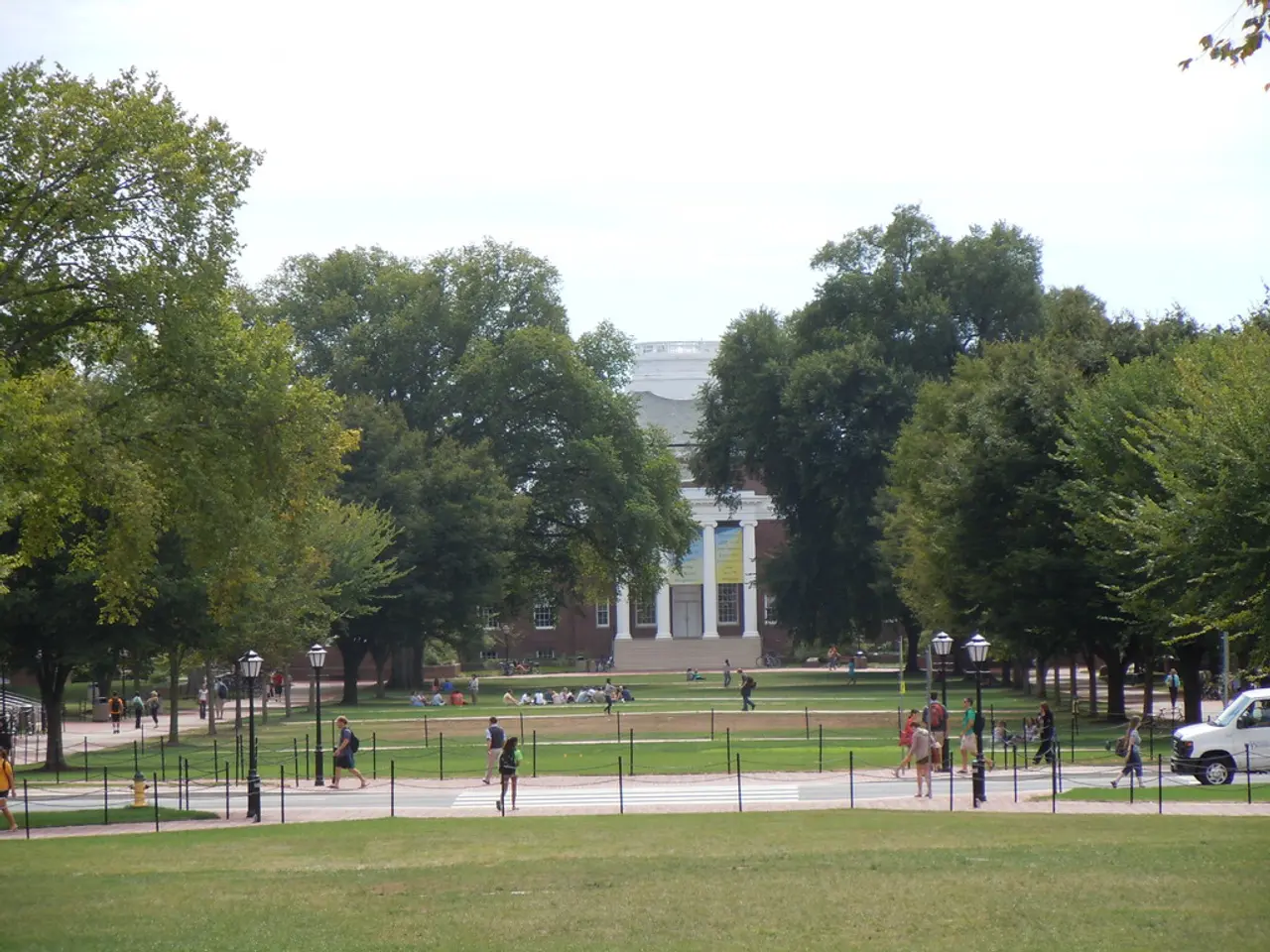Federal support for Brown University has been restored, as the university and the White House agreed on a $50 million financial arrangement to lift the funding freeze.
Brown University has reached a significant agreement with the Trump administration, resolving a funding freeze that had been in place since April 2025. The freeze, totalling approximately $510 million in federal research grants and contracts, was imposed due to federal investigations into the university's alleged discriminatory practices and campus climate issues.
The investigations, which focused on concerns about antisemitism and admissions policies, had placed a substantial strain on Brown's finances. Already managing a $46 million deficit, the university had to take out loans worth $300 million in April and another $500 million in July to cover immediate cash flow needs.
University officials described the situation as an ongoing threat to its financial sustainability and ability to fulfil its mission. The financial pressures compelled Brown to seek liquidity through loans and prepare for substantial cost-cutting measures.
The agreement reached in late July restores federal research funding and eligibility to compete for new grants. In return, Brown has committed to several policy changes aimed at improving campus inclusivity. These commitments include non-discrimination in admissions, providing admissions data to the government, conducting campus climate surveys related to Jewish student experiences, and other conditions connected to investigations on campus climate and student treatment.
Unlike Columbia University, which had to pay a $200 million settlement, Brown's deal does not require a payment to the federal government. Instead, the university has agreed to pay $50 million over 10 years for workforce development in Rhode Island. The agreement also includes modifications to some policies concerning transgender student participation in women's spaces and sports.
Education Secretary Linda McMahon stated that the deal reversed the "woke-capture" of the nation's higher education institutions. She also mentioned that Brown has committed to proactive measures to protect Jewish students and combat Antisemitism on campus.
University President Christina Paxton applauded the agreement's unequivocal assertion on this matter, stating that it reaffirms Brown's commitment to a welcoming and inclusive environment for all students. She emphasised that the agreement does not give the government the authority to dictate Brown's curriculum or academic speech.
This is the third deal reached with an Ivy League school in the month, following the University of Pennsylvania's agreement over Title IX violations. The agreement comes a week after Columbia University's resolution agreement with the administration, which was over $200 million.
[1] Source: The Providence Journal [2] Source: The New York Times [3] Source: The Wall Street Journal [4] Source: The Washington Post
- The resolution with Brown University, while requiring policy changes to improve campus inclusivity, seems to be more favorable compared to the $200 million settlement paid by Columbia University.
- In addition to resolving a funding freeze, the agreement between Brown University and the Trump administration includes commitments towards education-and-self-development and workforce development in Rhode Island, with a pledge to pay $50 million over 10 years.
- The recent deal between Brown and the federal government, regarding concerns about antisemitism and admissions policies, has significant implications for general-news, politics, and education, as it sets a precedent for future interactions between universities and the government.
- As a result of this agreement, Brown University can now participate in sports, science, and health research, as well as compete for new education grants, which previously were stalled due to the funding freeze.




